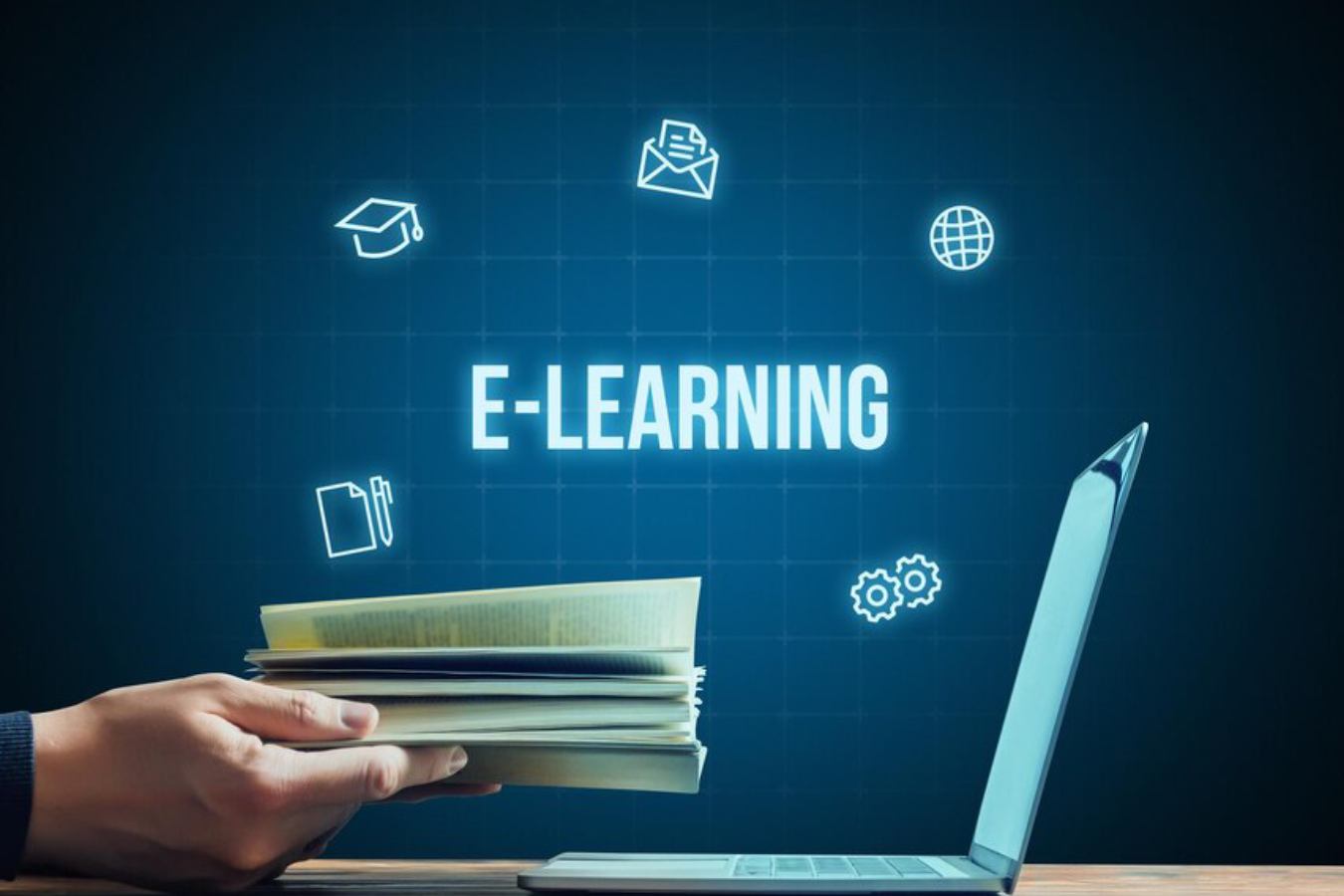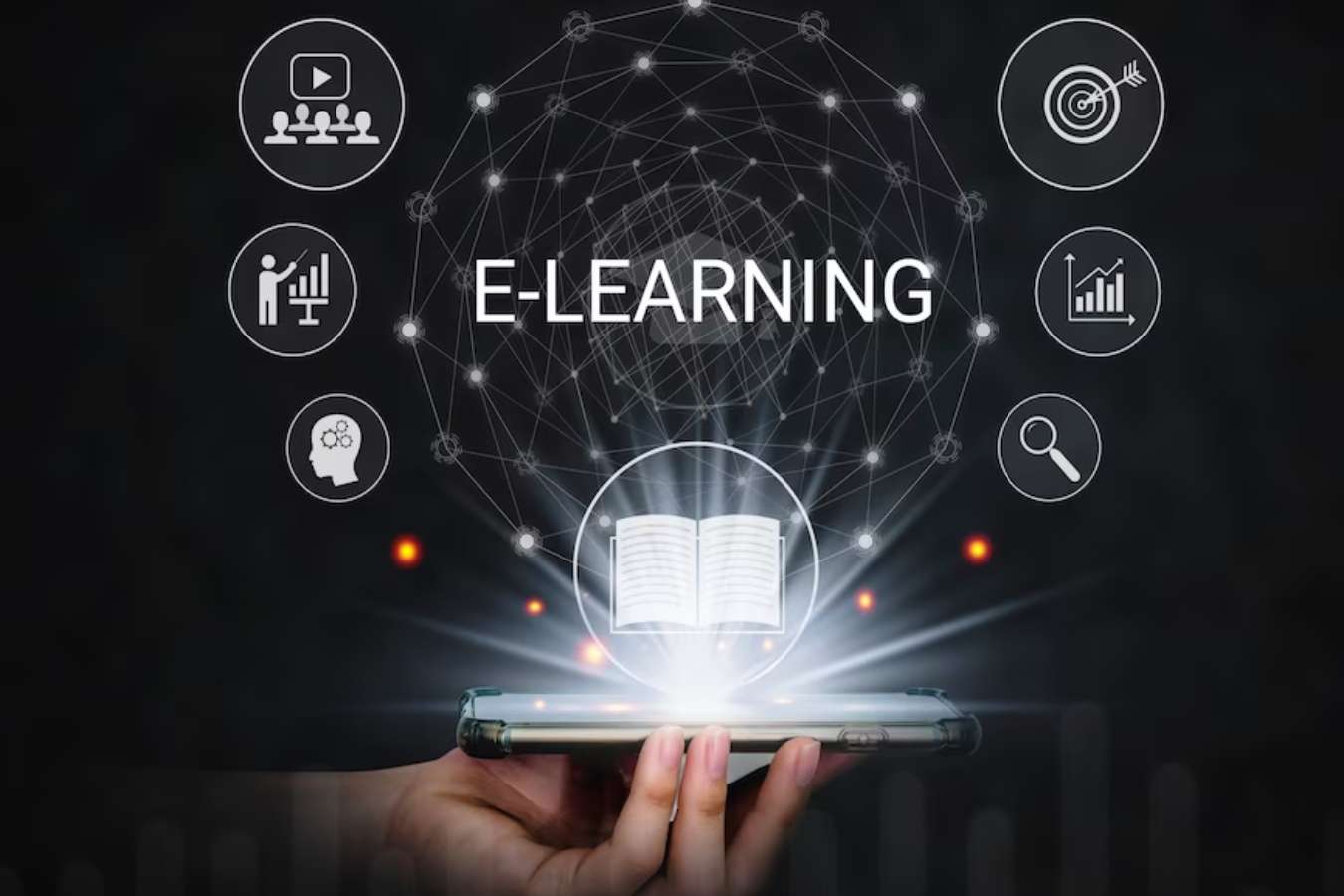Distance studies, also known as online or remote studies, are responsible for providing a way or space for exchange between teachers and students, making available a large number of materials and tools, which can be consulted from anywhere.
What Are Distance Studies?
Distance studies are a learning and teaching modality that generally follows the same modality as a face-to-face class, but carried out in the digital world. In this way, both students and teachers will be able to connect from anywhere in the world, from their computers with an internet signal. Making intensive use of the tools provided by new digital technologies.
Distance Study Benefits
This learning modality brings with it a long list of benefits that you should take into account if you want to start studying with this method. One of the main advantages of distance studies is the possibility of learning as a team, with access to practices on platforms, online debates or study groups, making learning easier.
In the same way, educational platforms currently offer a wide range of tools for a more active and personalized orientation between the student and the teacher. Facilitating in this way the resolution of doubts on the part of the students.
Economy
It is quite common for distance courses to cost much less than face-to-face courses, due to the absence of costs for rent, furniture and reforms on the part of the institution. In addition, this eliminates transportation expenses, food outside the home, and teaching materials are usually included in the monthly payment and are usually sent directly to the home.
Autonomous Use Of Time
In general, the use and management of time in a subject or classes taught virtually or remotely is completely different from how it is administered and managed in classes taught remotely. In this way, students have to attend the training at a certain time, but they can carry out the activities when it suits them best. This encourages students to have.
Convenient
With the use of the virtual platform , access to the content of the courses can be done from any site and on any device that has the basic properties for it, such as mobile phones or tablets. This substantially expands the manner and modalities of contact with the content, making it more comfortable than carrying books and printed materials.
Advantages Of Studying Remotely With Aicad
Currently there is a growing need to add knowledge throughout the various professional stages, thus optimizing time management, offering benefits and advantages within the framework of personalized teaching.
Studying at a distance with Aicad guarantees a unique and enriching experience that has its own teaching and learning model, being different from the existing proposals.
Innovative And Participatory Methodologies
Instead of receiving the typical master classes of face-to-face courses, students of online courses have access to accessible content in giant databases whose learning requires a more active role from the student. In this way, he has the possibility to expand again and again what has been studied and to produce and share knowledge with other students.
- They have dynamic and interactive classes.
- Collaborative learning.
- Students are protagonists in their studies
Materials And Education Specially Designed For Distance Studies
The use of virtual platforms for distance learning helps to develop in the student many of the skills that are currently sought in the job market. The student has to be more active and self-sufficient , be time and time again updated, be communicative and disciplined, know how to handle the variety of aspects of views of students and teachers from all over the planet and, above all, know how to find the correct and correct information. interpret them.
The materials used for the classes are made and selected in general by the professors of each faculty, a group of instructional designers, digital resource librarians, content and video clip editors, and audiovisual producers.
Flexibility
You can study from anywhere in the world without the need to travel. With the use of the virtual platform, access to course content can be done from any site and on any device that has the basic properties for it, such as mobile phones or tablets. This substantially broadens the way and modalities of contact with the content, making it more comfortable than carrying books and printed materials.
Recommendation For Students
When you find yourself studying remotely, learning is not entirely about the teachers, but also about the dedication of the student. That is why we will leave you with some recommendations for when you start your distance studies.
- Use the right technology: Network incidents and connectivity problems have the possibility of causing loss of concentration when doing any activity and a consequent drop in performance. It is advisable to ensure a stable access to the Internet before starting a class, especially if it will be carried out in real time (synchronous activity). In addition, it is essential to update the browser used and keep it in its most existing version and document the technical specifications of the virtual classroom in which the course is developed.
- Plan the era: a determining element of academic management is the era. Unlike a face-to-face class, by having a more flexible schedule they have the possibility of taking certain liberties; however, postponing deliveries may result in work being stored. The schedule for each activity should be planned in advance and in accordance with the schedule designed by the instructor to get the most benefit from the classes.
- Getting familiar with the virtual educational platform: These systems are usually designed to be intuitive and friendly for their users, however it is essential to have a period to navigate and get used to the interface and the various mechanics that make up the environment in which teachers and students meet. They will perform throughout the course.
Challenges You Might Face
- Innovative ways of relating between schools, teachers and students with teaching resources, which not only involve looking at a screen, but also maintaining positive communication and a meaningful relationship.
- Reinforce the development of teachers’ digital skills for the union of education and learning materials, as well as the use and administration of online monitoring and evaluation platforms.
Flexibility in education and learning methodologies to motivate students, paying greater attention to personal educational processes, building more opportunities to listen to students.
Also Read: Rules For Business Email Communication





